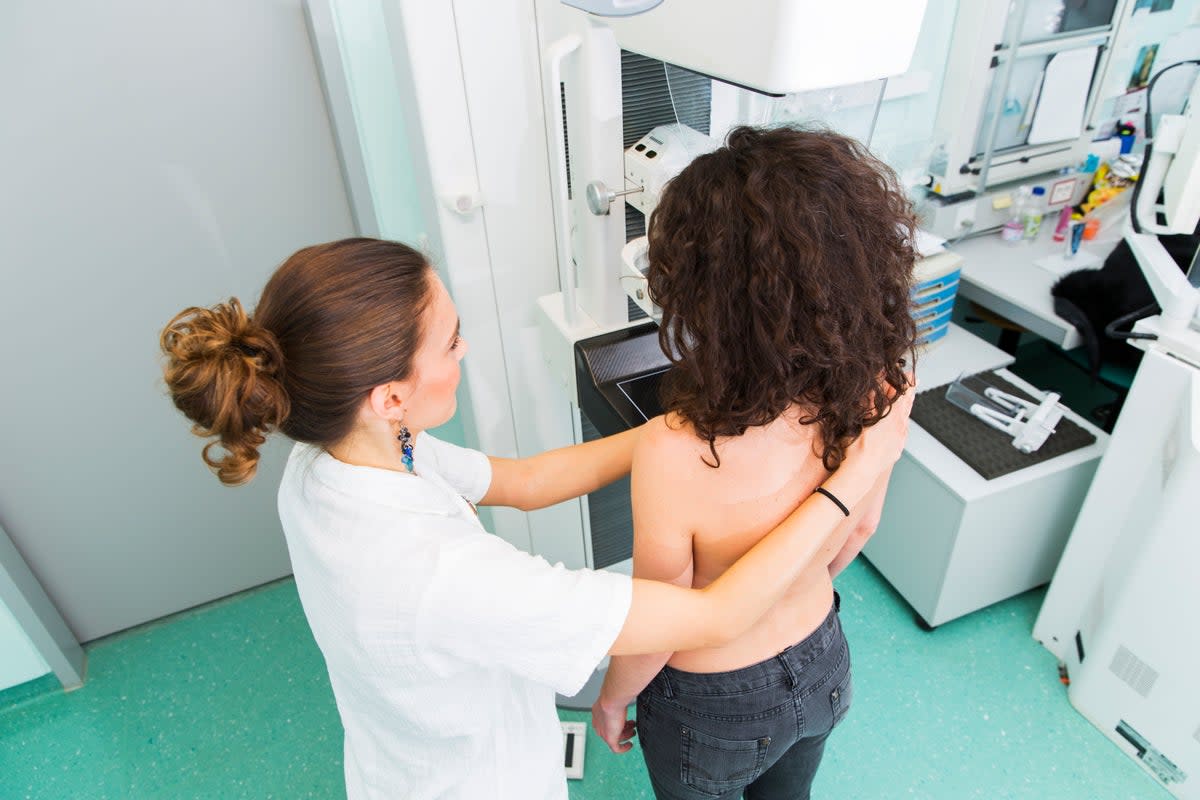New NHS breast cancer pill can cut recurrence of disease

Around 4,000 women with breast cancer could benefit from a new twice-daily pill approved by the NHS.
The National Institute for Health and Care Excellence (Nice) has announced it will now offer eligible women abemaciclib, a drug that reduces the risk of cancer returning once a tumour has been removed.
The charity Breast Cancer Now has welcomed the decision, calling the move “fantastic”.
The drug, made by US pharmaceutical firm Eli Lilly, is suitable for those with hormone receptor-positive, HER2-negative, node-positive early breast cancer at high risk of recurrence who have had surgery.
Clinical trial results showed that people taking a combination of abemaciclib and hormone therapy had a more than 30 per cent better chance of their cancer not returning following surgery, compared with hormone therapy alone.
Professor Peter Johnson, national clinical director for cancer for NHS England said: “Thanks in part to this latest deal struck by NHS England, NHS patients will be able to access another new targeted drug for a common and aggressive form of breast cancer.
“Abemaciclib, when used alongside a hormone therapy, offers a new doubly targeted treatment option, helping to increase the chances of beating the cancer for good, as well as meeting the NHS’ commitment to delivering improved cancer care under our Long Term Plan.”
Baroness Delyth Morgan, chief executive at Breast Cancer Now, said: “It's fantastic [that] thousands of women with this type of primary breast cancer will now have an additional treatment option available on the NHS to help further reduce the risk of the disease coming back.
“The fear of breast cancer returning or spreading to other parts of their body and becoming incurable can cause considerable anxiety for so many women and their loved ones.
“New effective treatments such as abemaciclib, which can offer more women the chance to further reduce the risk of the disease recurring, are therefore extremely welcome and this is an important step-change in the drug options available for this group of patients.”
Helen Knight, interim director of medicines evaluation at Nice, said: “Today's positive draft recommendation, which comes less than a month after abemaciclib received its licence, is fantastic news.
“The fact that we have been able to produce draft recommendations so quickly is testament to the success of our ambition to support patient access to clinically and cost effective treatments as early as possible.
“Until now there have been no targeted treatments for people with this type of breast cancer.
“Abemaciclib with hormone therapy represents a significant improvement in how it is treated because being able to have a targeted treatment earlier after surgery will increase the chance of curing the disease and reduce the likelihood of developing incurable advanced disease.”
According to Cancer Research, there are nearly 56,000 new diagnoses of breast cancer every year in the UK.
HER2-negative breast cancer is the most common type, accounting for about 70 per cent of all breast cancers.
It is estimated that early breast cancer comes back after initial treatment in around 30 per cent of people.

 Yahoo News
Yahoo News 